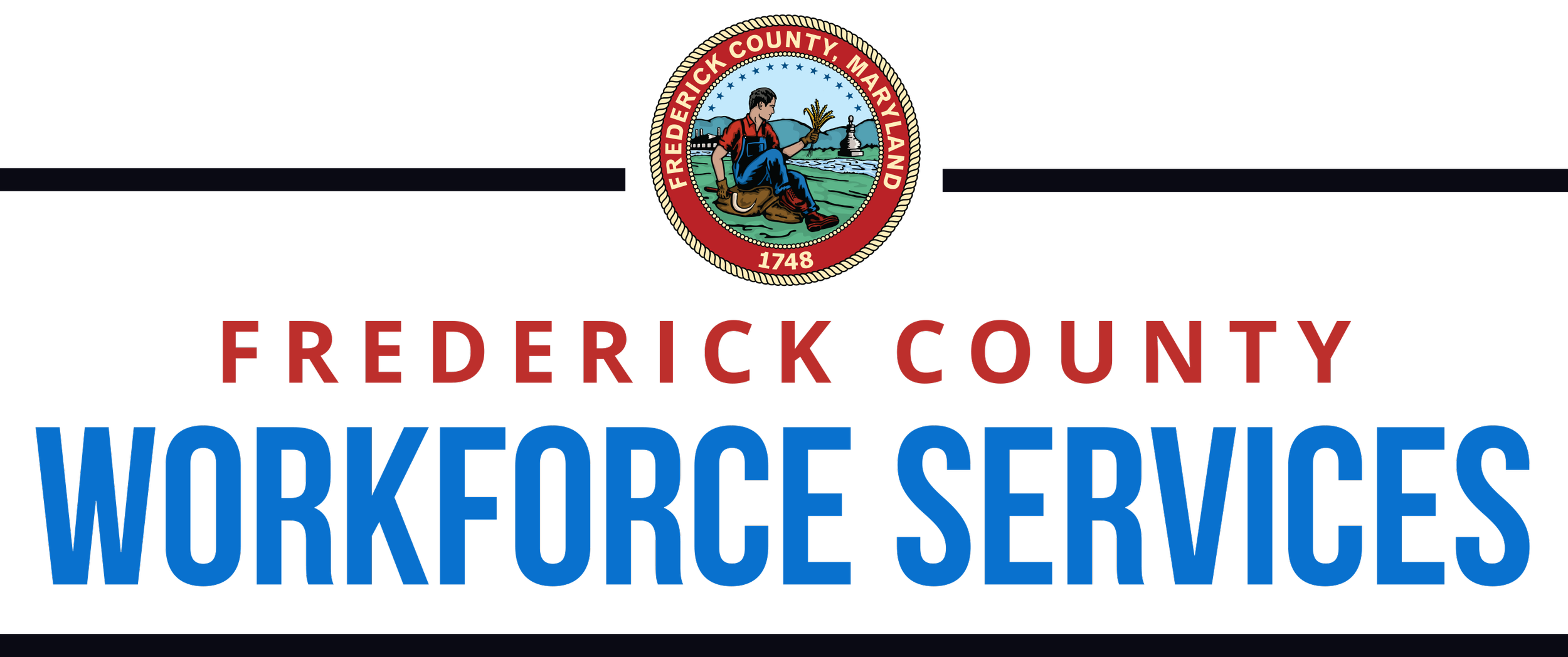COVID-19 Job Search: Do’s and Don’ts
COVID-19 has impacted how job seekers should conduct their job search. Here is a list of some things you should do as well as things you should not do when searching for a job during the pandemic.
DO: Change your headline on LinkedIn from the default setting that usually lists your previous or current job title.
While there is a limit on how many words you can use, you’ll want to add other job responsibilities that match what you do now or have done in the past. When recruiters are looking for potential candidates they will use a variety of job titles and skills that match the job description. For example, if you are currently an administrative assistant and your responsibilities include bookkeeping, management, and project coordination, then you're selling yourself short by only including your job title. You could change your headline to: Administrative Assistant | Project Coordinator | Bookkeeper. Recruiters would have a better time finding you because of your skills and that might also lead to consideration for a higher level position.
DON’T: Read too much into job titles.
When searching for a job, you might need to search for skills that you have or certificates/credentials you've attained to find a variety of jobs that are a good match. When you limit your search to just one or two job titles, you are ultimately limiting your chances of finding more opportunities.
DO: Highlight your skills.
Time management, active listening, critical thinking, flexibility, and communication skills are valued more than ever by employers since most jobs have shifted to working from home. If you haven't done so, make sure you're highlighting these and other skills on your resume, cover letter, and LinkedIn and/or personal platforms.
DON’T: Have grammar and spelling errors.
If you say that you have strong written communication skills, but there are errors on your social media platforms and job documentation, then you are not going to hear back from employers. Take the time to review your resume, cover letter, job application materials, and social media platforms for grammatical and spelling errors. Additionally, you should be checking for spelling and grammar errors when you are communicating with recruiters or employers via emails and direct messaging. If you need assistance, download the app Grammarly for free and/or make sure you have spell check enabled in your emails and documents.
DO: Brush up on your video interviewing skills.
Since the hiring process has moved virtually, you'll have to adapt to practicing for virtual interviews. Days before the appointment, set up your interview space, making sure it looks clean and appropriate. Ensure your phone/laptop/computer is the right height to show you clearly. You should still dress up for the interview, and consider recording a practice interview by asking a friend or family member to assist. This will give you an idea of what needs to be changed and will also reduce your anxiety on the day of the interview. Additionally, put your phone on silent and be sure to make eye contact with the interviewer, not the camera. Lastly, some employers are using artificial intelligence (AI) software to conduct interviews which means that a robot will be asking you the questions and you'll have a certain timeframe in which to respond. Try to practice general questions ahead of time to ensure that your answers are succinct and demonstrate your skills.
DON’T: Look unprepared.
Remember to keep track of where you apply for jobs, the job description, and the job documentation you used by saving all of this information electronically. You don't want to be caught off-guard if a recruiter or hiring manager calls and you can’t remember the details of the company or job. If you are invited for an interview, research the company, job role, and if needed, write down notes and ask questions at the end of the interview. If you have issues with wi-fi connectivity or if you are not able to download the appropriate software, let the interviewer know 24 hours before the interview and suggest alternate ways to conduct the interview or offer the flexibility to reschedule.
DO: Be prepared for taking more skills assessments.
Digital literacy skills and other specialized skills may be tested remotely prior to getting an interview. If the job you are applying to involves data entry, Microsoft office products, programming, or using a specific software, be aware that these skills may be evaluated to see what level of proficiency you have in terms of being able to handle the demands of the job. So brush up on your skills by taking classes, watching online tutorials, or finding free assessments online.
DON’T: Lie or severely misrepresent yourself.
Remember that you don't have to have all of the requirements in a job posting in order to apply but you do need to have a majority of the qualifications. Lying or severely misrepresenting yourself could disqualify you from the position and/or company altogether. If you don't possess most of the required skills, then don't apply. If you're only missing a handful, find ways you can demonstrate those abilities by focusing on transferable skills, taking some type of free or paid training, or increasing your knowledge about those areas by reading about the subject and watching webinars or videos. If you get called for an interview, you can demonstrate that you took the initiative to reduce the skills gap and if given the chance, will be able to learn the needed skills on the job.


